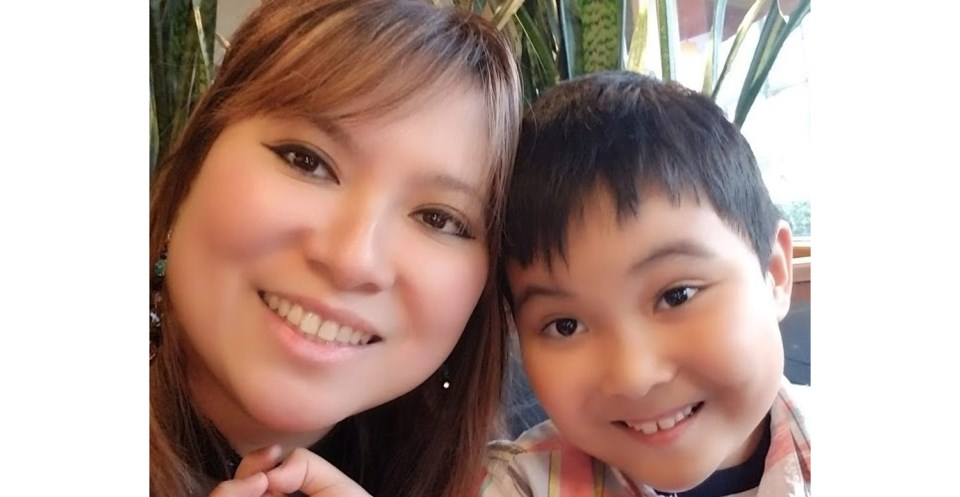A Richmond parent has been pushing for more remote learning – especially for her son with autism, but also taking into account the health situation of other family members.
Kaye Banez learned this week that her son can be accommodated by remote learning through the independent school he attends – something that wasn’t clear last week – but because she is immune-compromised herself, she doesn’t want to send her daughter to school either, fearing she will bring home COVID-19.
Her children’s independent school announced they would allow students with individualized education plans (IEP) – those students who aren’t typical learners, be it autistic, dyslexic or physically disabled – to opt into remote learning.
“All kids need to have this (remote) option,” Banez told the Richmond News.
Originally, Banez was fearful the support she receives through the school for her son, speech and occupational therapy, would be lost because that is funded through the education ministry, but only through the school he attends. If she home-schooled him, she would lose more than $20,000 in support for various therapies.
Banez doesn’t feel confident having him in a classroom setting where he wouldn’t necessarily follow health and safety protocols, explaining that her son is impulsive and distracted, he likes to hug his teachers and will touch dirty surfaces – all of which can put him at risk of contracting COVID-19.
Banez wrote to Education Minister Rob Fleming asking for more remote learning options, and this sparked a petition by parents that garnered around 800 signatures within the first few days.
On Wednesday, the Richmond School District released its back-to-school plan for public schools with details on how students with complex medical issues or who are immune-compromised will be receive full support at home for their learning. (See story on this page.)
Banez said she wished support for vulnerable students were standard across the province, rather than each school district deciding on its own plan.
Families whose children are diagnosed with autism receive $22,000 for therapy and support until the child turn six. They then receive $6,000 per year, while the school the child attends receives $20,400 to support his or her learning.



